
UCLA Professor Interviewed About COVID-19 Impact on Native American Community
BBC's Newsday interviewed Dr. Desi Rodriguez-Lonebear, UCLA Associate…

CPL Releases New Research on the Lost Wages Assistance Program in California
The UCLA California Policy Lab (CPL) recently released a new…
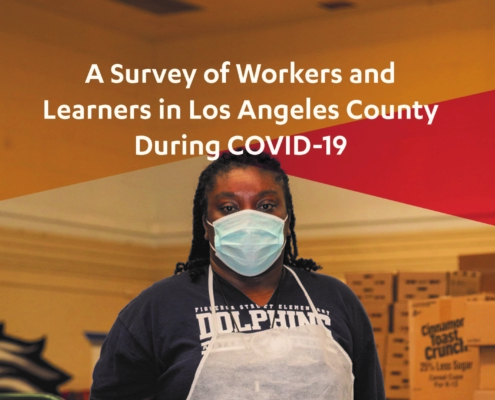
Workers and Learners’ Experiences in Los Angeles County
By Sophia L. Ángeles, Graduate Student Researcher; Janna Shadduck-Hernández,…
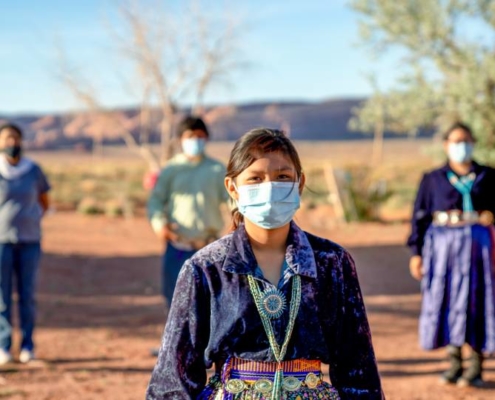
The COVID-19 Crisis and the Importance of Data Sovereignty in Indigenous Communities
"Indigenous Peoples across the country continue to be disproportionately…
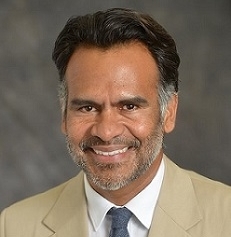
UCLA Professor Eric Avila Discusses the Historical Link between White Supremacy and Los Angeles Transportation Plans
In a recent KCRW Greater L.A. podcast titled, "LA Freeways: The…
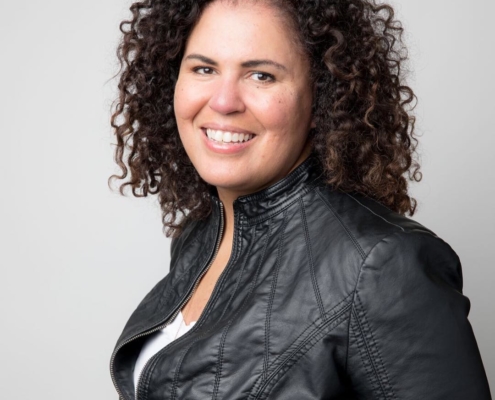
UCLA Professor Safiya Noble Pens A Reckoning for Restoration and Reparation
For the newly launched magazine, NOEMA, Dr. Safiya Noble…
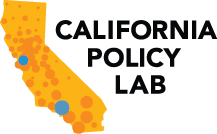
UCLA California Policy Lab’s Latest Policy Brief Highlights the Difficulties CA. Workers Continue to Experience as the Economy Re-Opens
The UCLA California Policy Lab has released their fourth policy…
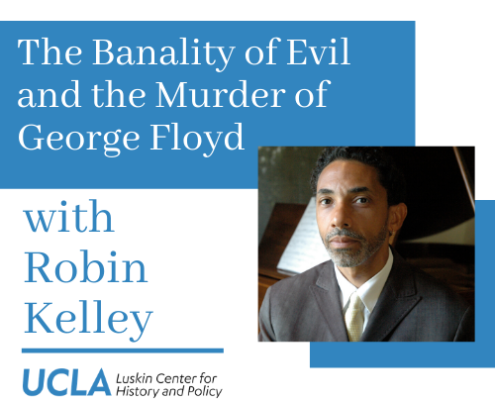
UCLA Podcast “Then & Now” Connects Past to Present with Professor Robin Kelley
UCLA's Luskin Center for History and Policy (LCHP) has continued…
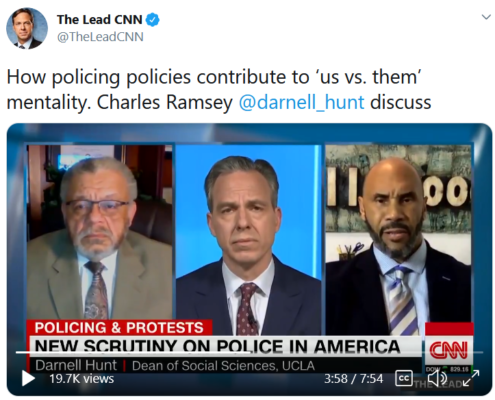
Dean Darnell Hunt Interviewed Live on CNN and Other Major News Outlets To Discuss Police Brutality and Protests
Today, UCLA Dean of Social Sciences Darnell Hunt appeared…
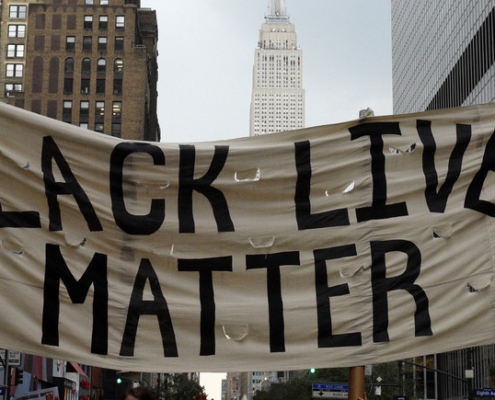
UCLA Leadership Releases Statement in Support of Black Lives Matter and Provides Expertise in Protest Coverage
On May 30, 2020, UCLA Leadership released the statement…

